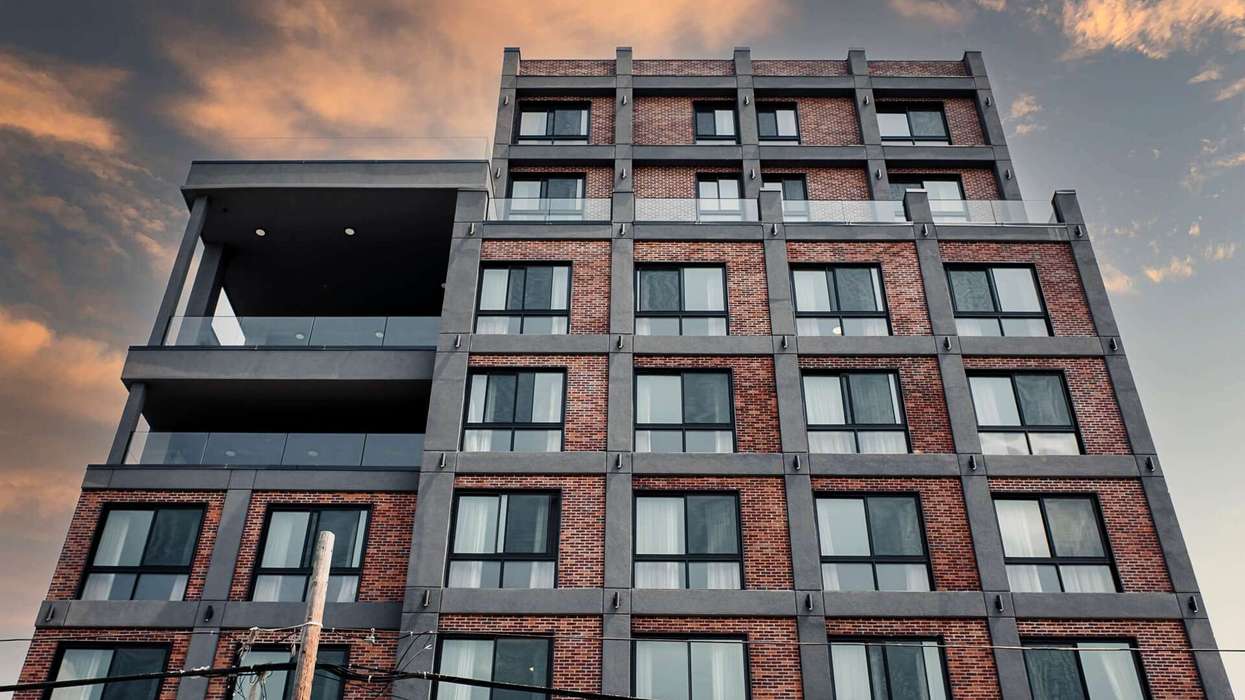THE VALUE OF most hotels in the U.S. declined by 15 to 30 percent as a result of the COVID-19 pandemic, according to an analysis by consulting firm HVS.
The pre-COVID values for selected 140 hotels out of the 1,000 appraised since the start of the pandemic totaled $6.6 billion, but the value has reduced to $5 billion now, a 24 percent erosion, according to “COVID-19’s Impact on Values,” an article written by HVS executives Rod Clough, Ryan Mark and Chris Cabrera. However, the range of change spans a 61 percent decline to a 33 percent increase. Twenty hotels declined in value between 15 percent and 19 percent.
Meanwhile, three hotels showed no change in value and 14 hotels showed improvement in value.
“The factors contributing to value increases include hotels that underwent major PIP and renovations between the two valuations, markets that experienced RevPAR growth stronger than anticipated in the months leading up to the pandemic, or markets and hotels that have fared well in the pandemic environment,” said the article. “As we begin to see this low point of the cycle in the rearview mirror, this trend line of values will begin to move to the right, and values will begin to recover. The hotel sector is most certainly managing its way through the current down cycle, and a tough winter lies ahead for the U.S. lodging industry, although brighter skies should emerge next year.”
The value of economy hotels dropped by 13 percent followed by midscale hotels with 18 percent. The reduction in value for upper-upscale hotels was 25 percent and that of luxury hotels was 24 percent.
Hotels in the Midwest reported the most reduction in value, 28 percent, followed by California with 27 percent and the Southeast with 25 percent. The least erosion in value was witnessed in the West at 11 percent followed by the central South except for Texas with 21 percent and the Northeast on 22 percent. This indicated that the lower tiers rely less on group and convention demand and are also less reliant on high-volume, corporate-account travel.
The HVS report revealed that the West, outside of California, has seen a lower average value decline than other regions in the U.S., as many of the hotels benefited from strong drive-to leisure demand over the summer months.
Of the 1,000 hotels appraised, 140 were also appraised in the 2017–2019 peak-value timeframe. The most recent valuations were completed between July and September.
In February, research firm CBRE found the short-term rentals market, including online stay-share giant Airbnb, has grown to a point it is affecting the valuation of traditional hotels.




